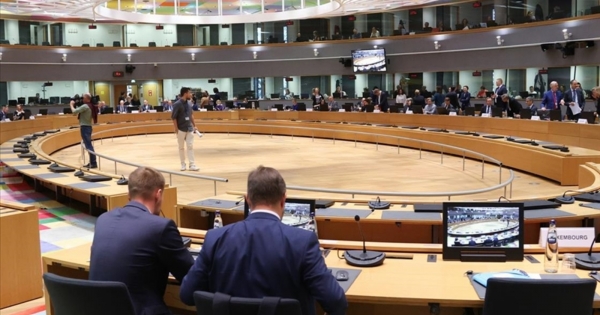On Friday, European Union energy ministers agreed on emergency measures to reduce high electricity prices, including taxing the income of energy companies and reducing energy consumption during peak hours.
The Czech government, which holds rotating presidency of the Council of the European Union, tweeted: “Ministers have reached a political agreement on measures to reduce high electricity prices.”
The agreement includes a mandatory reduction in electricity demand during peak hours, a solidarity contribution from fossil fuel producers, and a revenue ceiling for companies that produce electricity at low prices, such as nuclear or renewable energy producers.
In accordance with the emergency measures, the countries of the European Union commit themselves to a mandatory reduction of electricity consumption by 5% during peak hours, with an overall goal of reducing consumption by 10% between December 2022 and the end of March 2023.
The council said in a statement that the EU “will cap revenue at €180/MWh for generators” that have “received surprisingly significant financial gains in recent months without increasing their operating costs.”
In addition, fossil fuel producers will have to pay a solidarity contribution on their taxable income, which is 20% higher than the average annual taxable income since 2018.
It is expected that the decision will be made officially after reaching a political consensus between the energy ministers of the EU countries.
Source: El Iktisad
